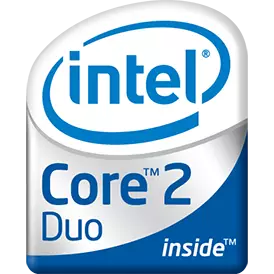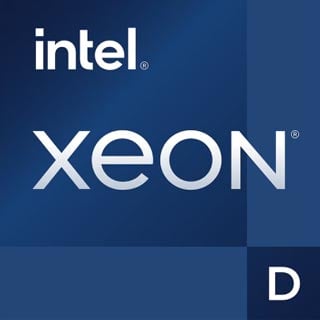
What's the best choice Intel Xeon D-1702 or Intel Core2 Duo E8500? Which processor is faster?
We have prepared a comparison to help you choose the best processor. Compare their specifications and benchmarks.
Intel Xeon D-1702 has a maximum frequency of 1.60 GHz. 2 / 4 Cores. Power consumption of 25 W. Released in Q1/2022.
Intel Core2 Duo E8500 has a maximum frequency of 3.16 GHz. 2 Cores. Power consumption of 65 W. Released in Q1/2008.
 Reasons to consider
Reasons to consider Performance per watt
times less performance per watt
Common positions Intel Xeon D-1702 CPU in popular benchmarks, for comparison with other models.
No data Reasons to consider
Reasons to consider Place in the overall ranking
(based on several benchmarks)
Higher clock speed
Around 49% better clock speed
Common positions Intel Core2 Duo E8500 CPU in popular benchmarks, for comparison with other models.
 Intel Xeon D-1702
Intel Xeon D-1702

Background information about the processors being compared, series, generation and market segment.
Basic parameters such as number of cores, number of threads, base and turbo frequency, and cache size. These parameters indirectly tell about the speed of the processor, the higher they are the better.
Types, channel quantity of RAM supported by Intel Core2 Duo E8500 and Intel Xeon D-1702. Depending on the motherboards, higher or lower memory frequencies may be supported.
Compare the TDP requirements of TDP Intel Xeon D-1702 and Intel Core2 Duo E8500 to select a cooling system. Note, the TDP value refers to thermal watts, not electrical watts.
Architecture, interfaces, additional instructions supported by Intel Xeon D-1702 and Intel Xeon D-1702, virtual machine technologies and process technology.
Based on the results of several benchmarks, you can more accurately estimate the difference in performance between Intel Xeon D-1702 and Intel Core2 Duo E8500.
Compare the synthetic test values and choose the best processor!